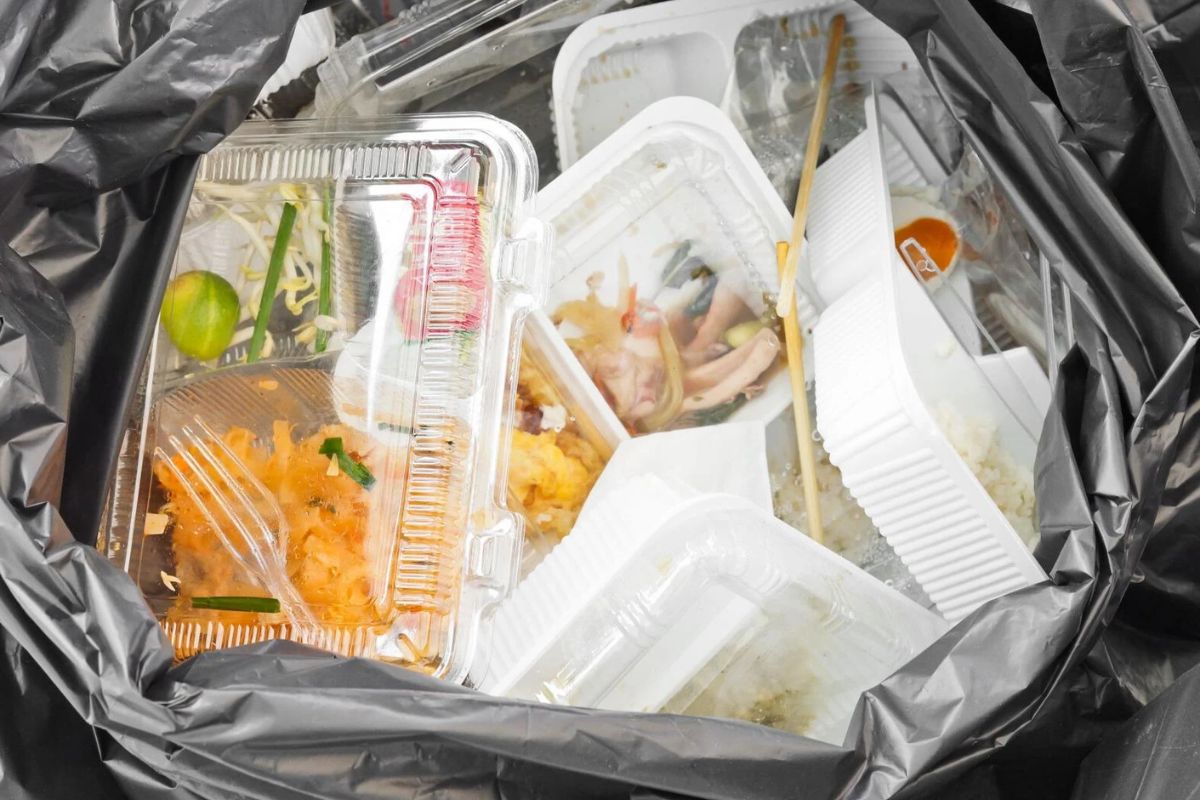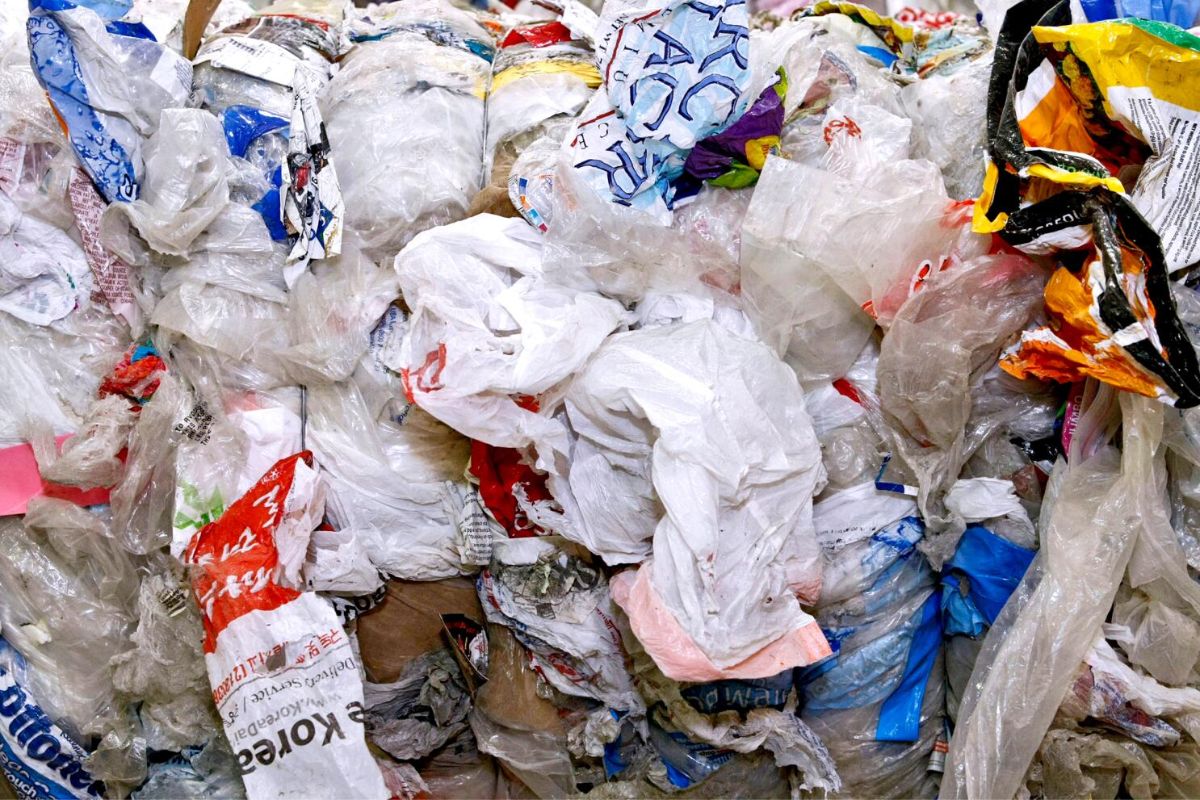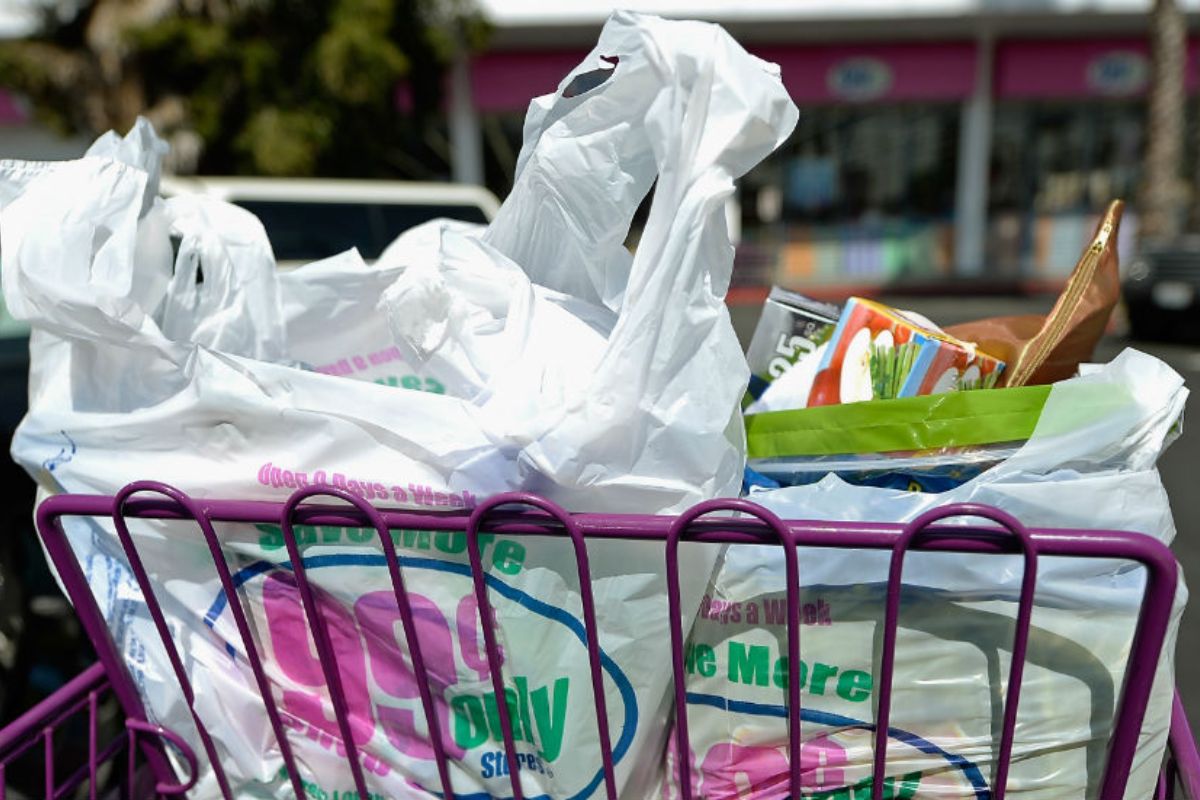California Dems Retry Plastic Bag Ban: You may wonder why California Democrats are revisiting the plastic bag ban after initial setbacks. However, the issue goes beyond mere inconvenience and taps into crucial environmental concerns.
As the state grapples with the impact of single-use plastics on marine life and ecosystems, the evolution of plastic bag regulations gains significance. Controversies surrounding the ban and its enforcement have further fueled the debate.
Stay tuned to discover the comprehensive approach proposed to address these challenges.
Key Takeaways
- California Democrats are reintroducing a plastic bag ban due to challenges faced in previous attempts.
- The renewed ban addresses loopholes exploited by businesses selling thicker ‘reusable’ bags.
- Environmental concerns drive the retry, aiming to reduce plastic pollution and promote sustainable alternatives.
- Balancing economic impacts and ecological benefits remains a focal point in the revised plastic bag ban proposal.
Plastic Bag Ban Proposal
In response to concerns regarding increased plastic waste, California legislators have introduced a new bill, SB 1053, aimed at banning all plastic retail bags. This step follows the initial ban on thin plastic grocery bags, which inadvertently led to a surge in the use of thicker plastic bags labeled as ‘reusable’. The proposed ban seeks to address this loophole and create a more comprehensive solution to the plastic waste issue. If passed, SB 1053 would prohibit the distribution of plastic retail bags across the state, encouraging the adoption of more sustainable alternatives like reusable bags or paper bags.
This new bill reflects California’s commitment to environmental conservation and sets a precedent for other states to follow suit. By eliminating plastic retail bags, the state aims to reduce the amount of single-use plastics entering landfills and polluting the environment. This ban aligns with global efforts to combat plastic pollution and promote a more eco-friendly approach to shopping. As consumers become more aware of the environmental impact of plastic waste, supporting initiatives like SB 1053 becomes crucial in fostering a greener future.
Environmental Impact
With an ever-growing awareness of environmental issues, the detrimental effects of plastic bags on ecosystems are becoming increasingly evident. Plastic bags have a short lifespan but leave a long-lasting impact on the environment. They contribute to pollution in oceans, harm wildlife through ingestion or entanglement, and take hundreds of years to decompose.
The proposed SB 1053 aims to address these environmental consequences by eliminating plastic bags from grocery stores. By reducing the use of plastic bags, the proposal seeks to mitigate the damage caused to ecosystems and wildlife. Plastic bag bans have been successful in other states and countries, showing a positive impact on the environment by decreasing plastic waste and protecting natural habitats.
Understanding the environmental impact of plastic bags is crucial in making informed decisions about sustainable practices and conservation efforts. By supporting initiatives like SB 1053, you contribute to safeguarding ecosystems and preserving biodiversity for future generations.
Evolution of Plastic Bag Regulations
As California’s plastic bag regulations continue to evolve, the focus shifts towards addressing loopholes that have emerged since the initial ban on thin, single-use plastic bags in 2014. The ban on thin plastic bags led to unintended consequences, such as the sale of thicker ‘reusable’ bags, which some grocery stores used to increase profits.
State Sen. Brian Dahle has pointed out that allowing grocers to keep the fees from these bags may have influenced their support for the original ban. This loophole has prompted calls for more comprehensive regulations to close such gaps and prevent the exploitation of the initial ban’s intentions.
Lawmakers are now reassessing the effectiveness of the existing regulations, considering how to refine them to better achieve their environmental goals without inadvertently benefitting certain industries. The evolution of plastic bag regulations in California reflects a growing understanding of the complexities involved in implementing effective environmental policies and the need for ongoing adjustment to ensure desired outcomes are met.
Controversial Perspectives
Controversial viewpoints abound regarding the proposed expansion of plastic bag regulations in California, with State Sen. Brian Dahle’s concerns over potential business impacts and personal freedoms highlighting the ongoing debate’s complexity. Dahle, a Republican, worries that additional regulations could harm businesses and infringe on individual liberties. His stance reflects a broader divide in the ongoing discussion, where balancing environmental objectives with economic considerations proves challenging.
Dahle’s perspective resonates with those who fear excessive government intervention stifling entrepreneurial endeavors and limiting consumer choices. Critics argue that stringent regulations could burden businesses with additional costs, potentially leading to job losses and decreased competitiveness. Furthermore, they raise concerns about the encroachment on personal freedoms, emphasizing the importance of individual decision-making in a free market economy.
On the other side of the debate, proponents of stricter regulations emphasize the environmental benefits of reducing plastic waste. They argue that the long-term ecological impact outweighs the short-term economic adjustments needed to implement such measures. Finding common ground between these conflicting perspectives remains a significant challenge as California Democrats push to revive the plastic bag ban.
Also Read: California Residences Priced at $3.7 Million Each
Comprehensive Approach
To address the multifaceted challenges surrounding plastic bag regulations, a comprehensive approach is crucial for balancing environmental concerns and economic impacts effectively.
SB 1053 not only proposes banning plastic bags but also mandates stores to offer 100% recycled paper bags or allow customers to use their reusable bags. This multifaceted proposal aims to reduce plastic waste while providing sustainable alternatives.
Assemblyman Dahle’s support for paper bags and suggestion to explore compostable options like those used by certain retailers demonstrate the importance of considering various eco-friendly solutions.
By embracing a comprehensive strategy that includes banning single-use plastic bags, promoting recycled paper bags, and potentially introducing compostable alternatives, California can move towards a more sustainable future.
This approach not only addresses environmental issues but also considers the economic implications for businesses and consumers. By carefully balancing these factors, policymakers can create a more inclusive and effective plan to tackle the challenges associated with plastic bag usage.
Conclusion Of California Dems Retry Plastic Bag Ban
California Democrats make another push for a plastic bag ban, it’s clear that their initial efforts may have faltered, but they aren’t giving up.
With a focus on reducing environmental impact and evolving regulations, they’re determined to tackle this controversial issue head on.
By taking a comprehensive approach, they’re showing their commitment to creating a more sustainable future for all.
Let’s hope this time around, their efforts will lead to lasting change.



